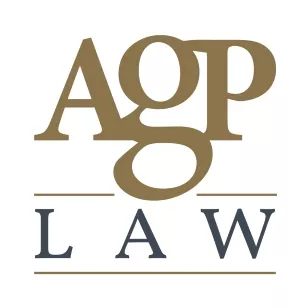- within Finance and Banking topic(s)
- in European Union
- with Finance and Tax Executives
- in European Union
- in European Union
- in European Union
On May 13, 2025, the Nicosia District Court issued a decision that reshapes the banking landscape in Cyprus. The case concerned the Cyprus Land Development Corporation (Organismos Christodotiseos Stegis, "OHS"), but its significance extends far beyond, affecting all Cypriot banks and the national banking system as a whole.
The judgment was issued following an application by the Attorney General, on behalf of the Director of the Consumer Protection Service, based on violations of the Law on Unfair Terms in Consumer Contracts (Law 93(I)/96) and EU Directive 93/13/EEC.
What Was Found to Be Unfair?
The court identified a series of standard clauses in loan agreements as unfair, including:
- The bank's unilateral right to change interest rates or banking fees.
- The bank's unilateral right to change the method or timing of loan repayment.
- The bank's right to increase the interest rate or impose additional default interest at its discretion.
- The imposition of vague and undefined charges (legal fees, court costs, etc.).
- A general preferential lien over the borrower's assets without clear conditions.
- The ability to set off accounts without prior notice.
The Importance of the Decision
The significance of this ruling is not limited to the specific institution involved. It represents:
- A strong message in favour of enhanced consumer protection.
- A clear framework indicating that standard contractual terms are subject to judicial review and cannot override consumer rights.
- A confirmation of the application of EU law on unfair terms in Cypriot contracts.
The implementation of Directive 93/13/EEC introduces substantial safeguards for the weaker contracting party (the consumer), and the court's decision reaffirms that financial institutions cannot rely on "freedom of contract" to impose unilateral terms that violate fundamental principles of equality and transparency.
Changes for Banks and Public Contracts
Following this ruling:
- Banks will need to review all their standard agreements and remove or amend clauses that could be deemed unfair.
- Borrowers now have stronger legal grounds to challenge unfair terms.
- The Consumer Protection Service is empowered to play a more active role in overseeing banking practices.
Recommendations
- Review your loan agreements to identify potential unfair terms.
- Consult your legal advisor to assess whether and how you can challenge unilateral charges or modifications.
This ruling sets new benchmarks in the relationship between banks and consumers. It introduces a stricter legal framework, strengthens transparency, and restricts practices that were previously considered commonly accepted. Compliance with this new legal landscape will present both a challenge and an opportunity for banks to modernize their practices and align with the demands of EU and Cypriot law.
Right of Appeal
It should be noted that this decision is a first-instance (district court) ruling. As such, the OHS has the right to file an appeal within 42 days from the date the decision was issued. If an appeal is filed, the Supreme Court will examine both legal and, in certain cases, factual issues, depending on the grounds raised.
The potential outcomes of the appeal include:
- Confirmation of the lower court's ruling.
- Partial modification of the decision, especially if certain provisions are deemed excessive or disproportionate.
- Overturning of the decision if the Supreme Court finds material errors in the interpretation of the law or the handling of the evidence.
Therefore, while the district court's judgment already stands as a landmark, its final impact may further evolve depending on the course and outcome of the appeal.
The content of this article is intended to provide a general guide to the subject matter. Specialist advice should be sought about your specific circumstances.


